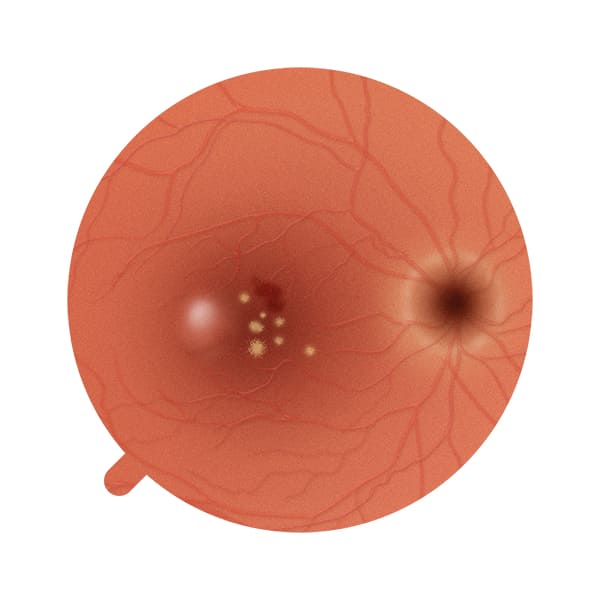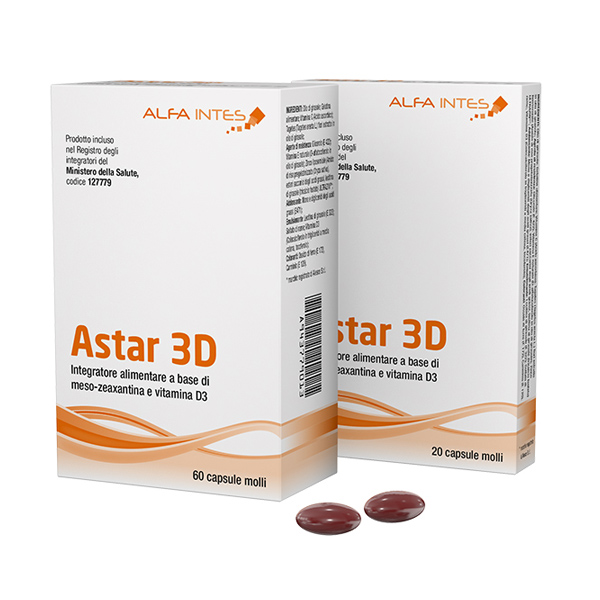Diagnosis
The diagnosis of age-related macular degeneration (AMD) is performed by a medical specialist, the ophthalmologist. The specialist will be able to make a diagnosis by performing an eye examination, including a fundus examination, as well as administering some image distortion tests.
In order to indicate the best treatment for each situation, the ophthalmologist may request additional retinal-specific examinations, such as optical coherence tomography (OCT), fluorangiography, etc.
Treatment
Treatment for age-related macular degeneration (AMD) varies depending on the form diagnosed.
There is currently no real cure for the dry form. In such cases, the specialist may suggest adopting a healthy lifestyle and taking special food supplements to try to slow down the progression of the disease.
In cases of wet age-related macular degeneration, however, it is necessary to try to close the abnormal capillaries or counteract their formation by means of intravitreal pharmacological injections or, in selected cases, laser treatment.


